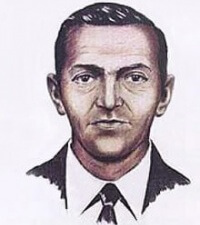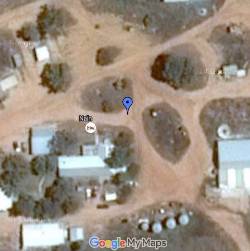Giving Tuesday
Giving Tuesday was created in 2012 by the U.N. Foundation in partnership with 92Y, and is always observed on the first Tuesday of December. Following on the heels of Black Friday and Cyber Monday, symbols of excessive retail spending, Giving Tuesday encourages us to show generosity to those in need.
The campaign’s creators hoped that 50 nonprofit organizations would respond by using the hashtag #GivingTuesday in their online appeals. According to Asha Curran, director of the 92Y’s Center for Innovation and Social Impact and a founding member of #GivingTuesday, “We were asking a question: Is there an appetite for something like #BlackFriday and #CyberMonday, but about giving?”
The answer was a resounding yes. Over 2,500 nonprofits took part that first year. By 2014, the number of participants had expanded to include nearly 35,000 charities, civic groups, celebrities, and for-profit companies in 68 countries. In 2016, more than 6,700 nonprofit organizations participated in Giving Tuesday. The average online donation was $128, totaling $47.7 million, according to the Blackbaud Institute’s annual Charitable Giving Report.
Curran describes the event as a movement which includes many actions beyond donating money. In Watertown, NY, for example, residents have been encouraged to donate hours to help neighbors without vehicles get to medical appointments, grocery stores and other critical locations.
Kathy Calvin, CEO of the U.N. Foundation and #GivingTuesday co-founder, attributes the event’s success to its function as a collaboration between nonprofit organizations. “It’s controlled by nobody, owned by everybody,” she says. “We’re working together to raise awareness. This includes logos, sample press releases, social media toolkits. Anything we could think of.”
Critics say the day encourages charities to send emails with the sole purpose of making a cash grab in December when 30 percent of all charitable giving would occur anyway due to the holiday season and end-of-year tax incentives, according to Network for Good’s Digital Giving Index.
Proponents point out that people who donate their time, services or money today are likely to remain involved throughout the year. Everyone is encouraged to give to groups that have impacted their lives and to share their experiences and inspirations at #MyGivingStory.
During the hectic holiday season, it’s easy to forget the value of how we spend our time, money and effort. Giving Tuesday reminds us that we can choose to spend today giving back or paying forward while saving others (and ourselves) in the process. That’s a bargain too good to pass up.
![]()






